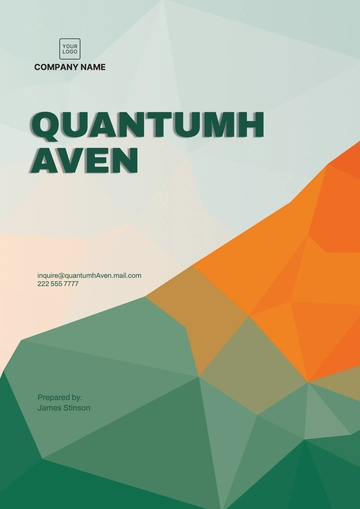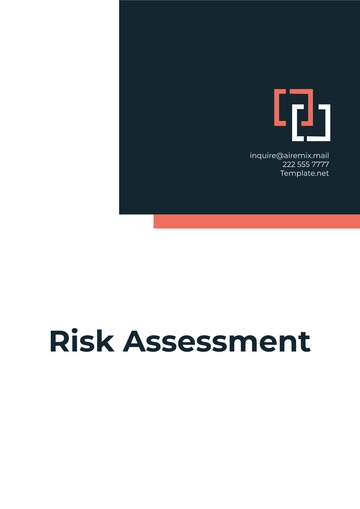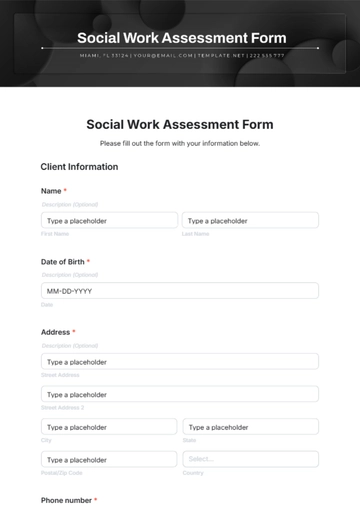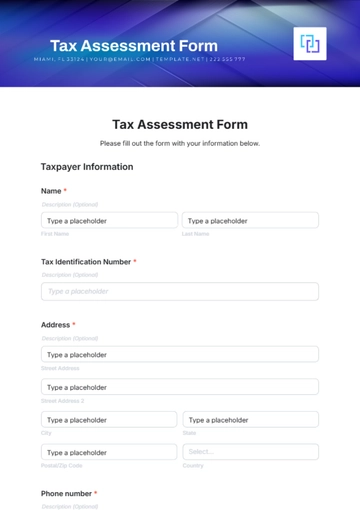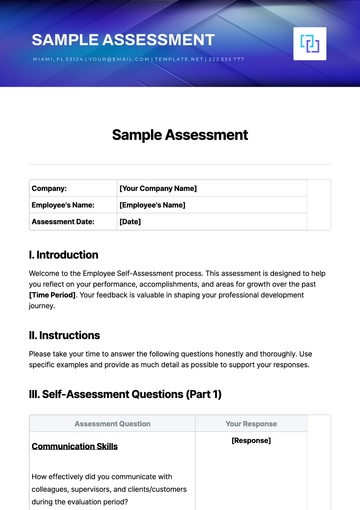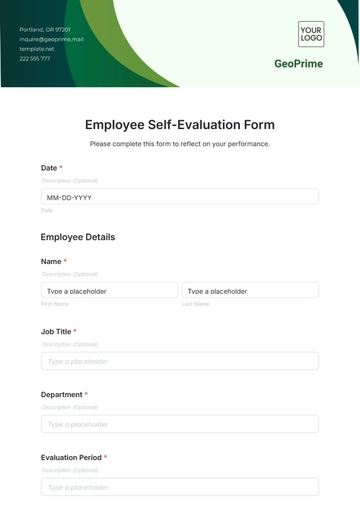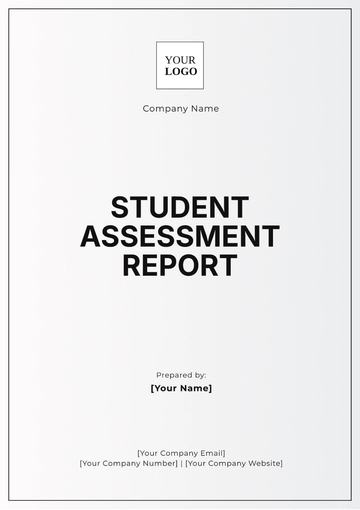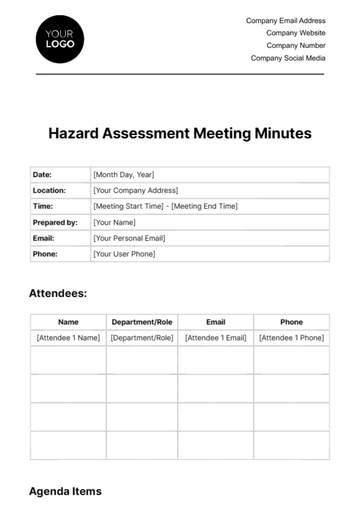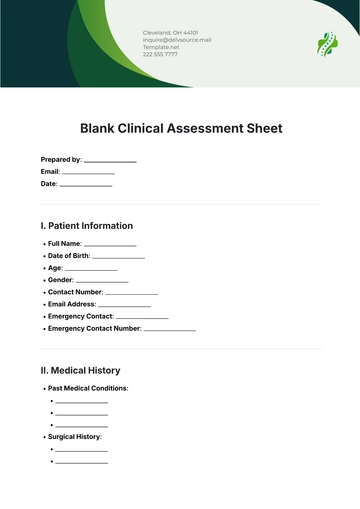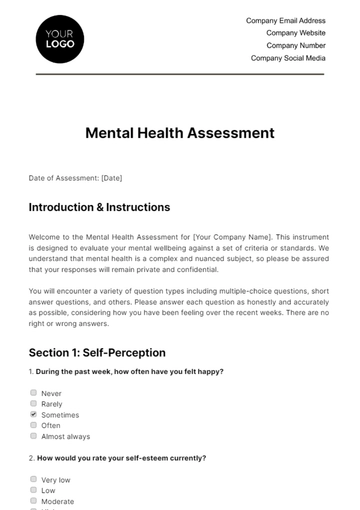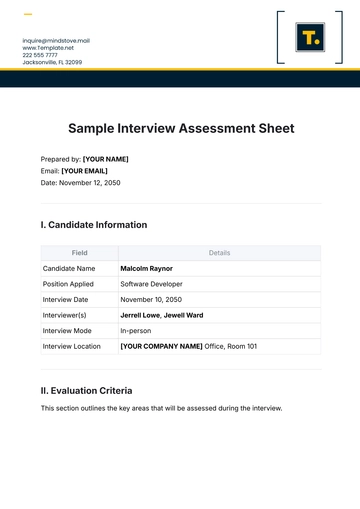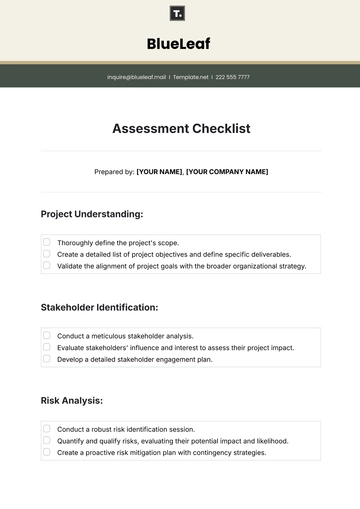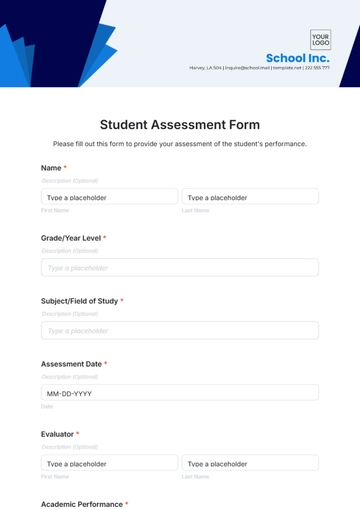Free Assessment Syllabus
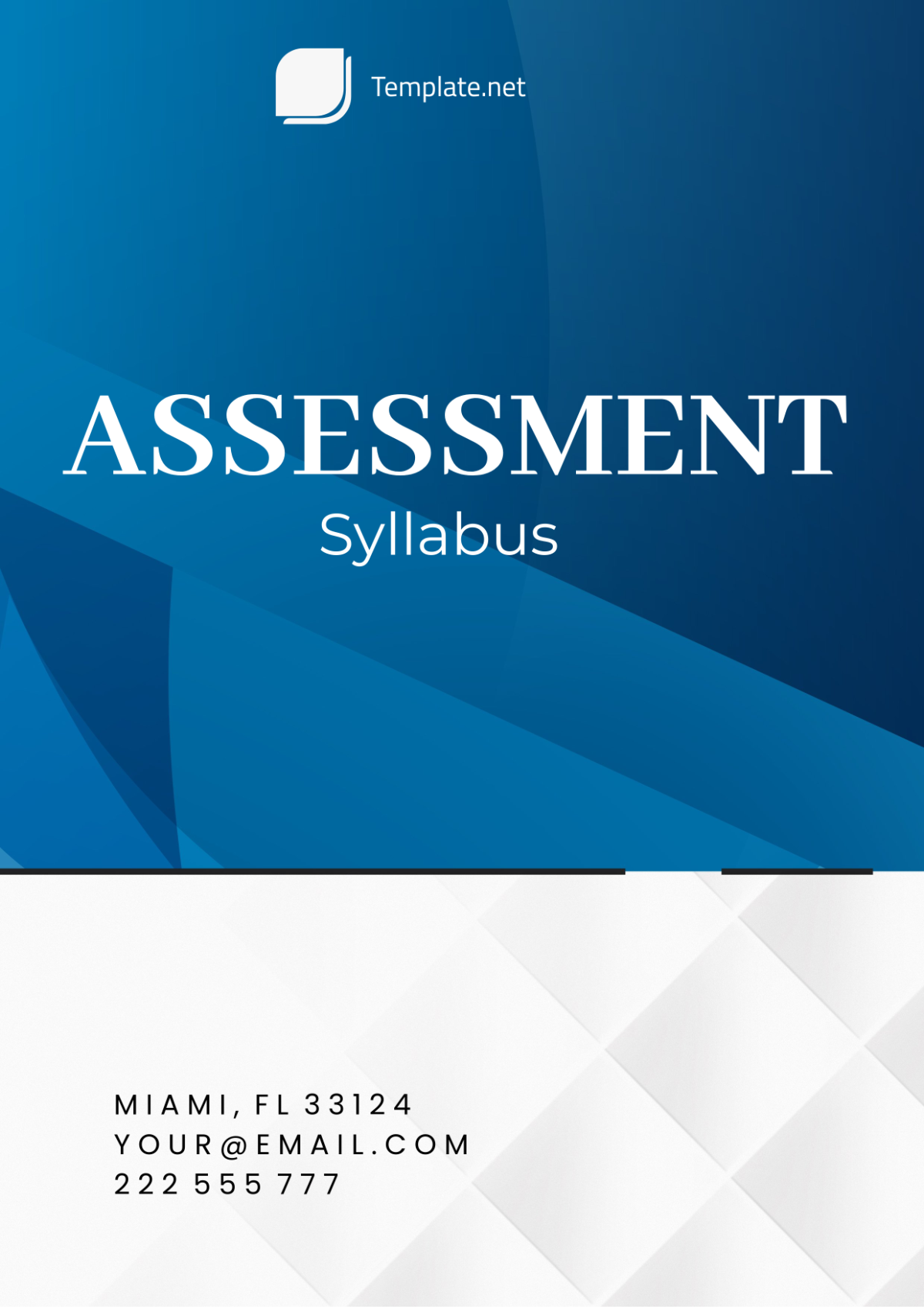
Assessment Course
Course Title | [COURSE TITLE] |
Course Code | [COURSE CODE] |
Instructor Name | [YOUR NAME] |
[YOUR EMAIL] | |
Office Hours | [OFFICE HOURS] |
1. Course Title and Description
Introduction to Biology - An introductory course that sets the foundation for understanding the principles and theories in Biology. This course covers key concepts of cellular biology, genetics, ecology, and evolution. Students will gain a broad overview of the natural world and an introduction to the scientific method.
2. Instructor Information
Instructor: [YOUR NAME]
Contact Info: [YOUR EMAIL]
Organization: [YOUR COMPANY NAME]
3. Learning Objectives
Comprehend the fundamentals of cell biology, genetics, ecology, and evolution
Develop skills to apply scientific research methods
Interpret and analyze biological data by use of scientific reasoning
Demonstrate an understanding of the ethical implications of biological research
Communicate biological concepts effectively.
4. Course Schedule
Week | Topic | Reading |
|---|---|---|
1-2 | Introduction to Biology | Chapters 1-3 |
3-4 | Cell Biology | Chapters 4-6 |
5-6 | Genetics | Chapters 7-9 |
7-8 | Ecology | Chapters 10-12 |
9-10 | Evolution | Chapters 13-15 |
Final Week | Review & Final Exam | N/A |
5. Required Reading and Materials
Textbook: Essential Cell Biology (4th Edition)
Lab Manual: Laboratory Studies in Integrated Principles of Zoology
Additional readings will be assigned periodically
A Scientific Calculator
Notebooks for lab reports and note-taking
6. Assignments and Assessment
Weekly homework assignments to reinforce lecture material.
Bi-weekly quizzes based on lecture and lab material.
Two midterm exams and one final exam.
Group project with a written report and presentation.
Participation in lab experiments with accompanying lab reports.
7. Assessment Methods
The assessment in this course will be conducted through a variety of methods to gauge students' understanding and mastery of the subject matter. The assessment methods include:
Quizzes
Laboratory Reports
Midterm Examination
Final Examination
Projects
8. Course Policy
All assignments are due at the beginning of class.
No late assignments will be accepted.
There will be no make-up quizzes or exams except for circumstances discussed in advance with the instructor.
Academic dishonesty, including plagiarism and cheating, will result in an automatic grade of F for the course.
Students are responsible for understanding all course materials and keeping up with the assigned readings.
9. Grading Policy
Category | Percentage |
|---|---|
Quizzes | 20% |
Midterms | 30% |
Final Exam | 25% |
Group project | 15% |
Lab Reports | 10% |
10. Learning Outcomes
Learning outcomes are aligned with the course objectives and are designed to ensure students acquire a deep understanding of foundational biological principles, develop critical thinking skills, and enhance their ability to communicate scientific concepts effectively.
11. Disclaimer
The individual presiding over the class, the instructor, possesses the power and right to make any adjustments or modifications that seem necessary to the course syllabus, as per the requirements that may arise during the progression of the course. This could potentially occur at any point in time and is wholly at the discretion of the instructor. If and when such instances of alterations take place, the students of the class will not be kept in the dark. They will be promptly informed and given all the necessary details so as to keep them fully aware of all the changes that have been made to the syllabus throughout the course duration.
- 100% Customizable, free editor
- Access 1 Million+ Templates, photo’s & graphics
- Download or share as a template
- Click and replace photos, graphics, text, backgrounds
- Resize, crop, AI write & more
- Access advanced editor
Introducing the Assessment Syllabus Template from Template.net: a game-changer for educators and trainers. Crafted for seamless customization, it's editable in our Ai Editor Tool, ensuring effortless personalization. Tailor syllabi to your exact needs with ease. Elevate your teaching experience today with this versatile, customizable solution.
